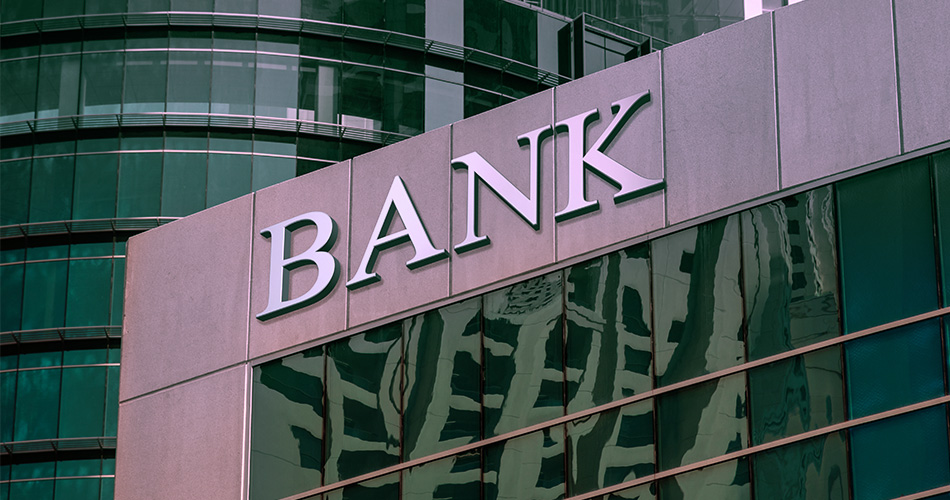Debanking. Not many of us had heard about it before it hit the headlines after Nigel Farage was debanked from Coutts and the BBC were fed a lie about the reasons behind it. Turns out, Farage did have enough money, it was more a case of his political beliefs didn’t align with that of the bank. But he isn’t the only one. Over 1000 individuals are debanked every single working day, and as we know, we now live in a society that is almost impossible to navigate without a bank account.
When it does happen to people or organisations, often there is little if any explanation as to the reasons behind it. Sometimes banks will say it is due to concerns over financial crime such as money laundering and fraud and will often hide behind this reason.
In the UK alone, it is estimated that almost 90,000 individuals have been categoriesed as ‘politically exposed persons’ which is often a reason why they are debanked. To put it in perspective, Grant Sharps, a Conservative cabinet minister has had it happen to him.
But even if you are not a ‘politically exposed person’, debanking can still happen. In fact, most of those affected by the issue are not in the political spotlight but are ordinary people and businesses.
What does the law say about debanking?
The current laws around debanking are pretty ambiguous at best and while the law is intended to protect you, UK banks still have the right to close your account.
An agreement (the Basic Bank Account Agreement) that was put into place in 2016, and which the nine larges high street banks signed up to, gives the right to anybody who doesn’t have a free basic bank account with any other institution to have one. But this is banking in the simplest form and for most of us, wouldn’t meet our requirements. It also doesn’t protect you from being debanked.
Basically, banks can close your account for whatever reason they decide. However, they must adhere to the same guidelines that other businesses do about “treating customers fairly”. This means they should not:
- Discriminate based on race, gender or sexual orientation
- Break their own guidelines and procedures
- Close an account without giving adequate notice – Banks should provide two months’ notice in normal circumstances, but they are not legally obliged to
- Give conflicting information to customers.
What can be difficult, is to get to the crux of why they have, and until that becomes clear, you may not realise if your bank has broken these guidelines.
If you do think they have broken the guidelines and treated you unfairly, it can be difficult to go on to prove. Which is why, for most people, there are no legal protections to stop you being debanked. However, should it happen, Turner Little is well versed in helping people, having experienced it first hand, as well as working with several customers who have also experienced debanking.
What are the stages that happen after debanking?
If your bank decided to close your account, then any remaining funds must be returned to you, unless a crime has been committed. This will normally be done in the form of a cheque and will be minus and outstanding fees or payments.
If you are wanting to contest the decision, it is always worth speaking to your bank in the first instance. It might be that you haven’t used your account enough or a mistake has been made and it can be rectified pretty easily.
Otherwise, you can file an official complaint with them and request that they take action to reinstate the account. The Financial Ombudsman Service may be able to help if the bank does not resolve the issue at this stage.
If you do wish to use the FOS, a final response letter from the bank in required and you’ll need to make a complaint to the ombudsman within six months of the account closure.
At this stage, you may need to provide evidence that you were treated unfairly, and the ombudsman will approach the bank for an explanation about the closure.
They will then make a judgment and order the bank to act. This could be in the form of compensation or, if they deem it necessary, they have the power to make the bank reopen your account.
How can we help?
We work with clients on a global scale, from UK nationals to those who operate across several countries. Our recommendation is to have more than one bank account and spread across at least two banking groups. We’ve also had experience in this area, and can help find replacements either through working on a retained basis, or as always, being involved as early as possible to try and rectify the problem as quickly and painlessly. Contact our trusted team today.


